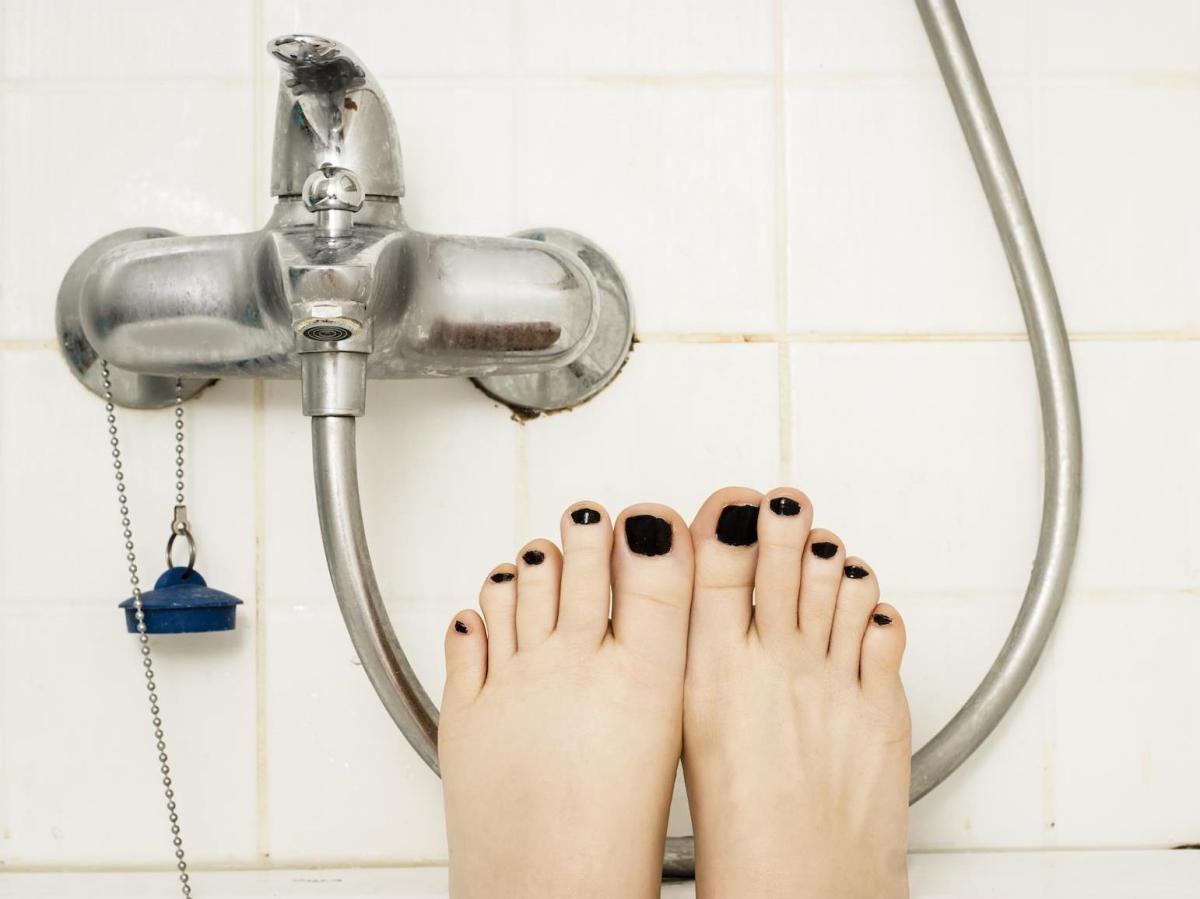Self-care has come to mean everything from yoga to gardening, manicures to turning off the news. It can mean eating burgers while watching Netflix, or drinking green smoothies on the way to hot yoga. But self-care is more than frivolity: it’s an important part of avoiding burnout and maintaining our energy and mental health.
While the concept of self-care has existed for decades, it solidified as a collective social practice in 2016, alongside a turbulent political climate. Since right-wing ideologies gained momentum and Donald Trump began gaslighting the whole planet, self-care has grown from a term used by therapists and inspirational bloggers to a global buzzword. The New York Times has published several think pieces on the topic, a @selfcare_bot tweets hourly affirmations (“No matter what, you need to do what’s best for you”), and well over two million Instagram posts to date are hashtagged with #selfcare and #treatyoself.
Managing our creativity
In the arts, we are often working hard for little monetary reward, and burn out is a real and present danger. Maintaining a creative practice involves mental and emotional energy which can quickly be depleted by the minutiae of our daily lives, and care for the self can get pushed aside and de-prioritised.
Read: 50 ways to take care of yourself in the arts
It’s important to distinguish between self-care and leisure, said Madeleine Dore, editor of Extraordinary Routines, an interview project focussing on the everyday lives of creatives. ‘Manicures and brunch are examples of ways for people to unwind, experience pleasure and maintain connections with people. Leisure, in whatever form, is an important human experience, but it differs from self-care which has much more to do with our physical and mental health.’
Self-care does not need to involve hours spent hiking in the wilderness or laying prone at a health spa. Even something as simple as reading a book at night instead of scrolling through your phone can help. Smaller acts of self-care sprinkled throughout your week can make an enormous difference in preventing burnout.
Self-care is even more important in turbulent times and for people in marginalised groups. It becomes more than just self-preservation; it is what keeps us going. ‘In volatile times, taking care of our mind and body is essential for our individual sustainability, which collectively sustains the arts industry,’ said Dore. ‘As Audre Lorde said (in her 1988 book A Burst of Light), “Caring for myself is not self-indulgence, it is self-preservation, and that is an act of political warfare.” We need to take care of ourselves to preserve our health, our practice, our vision, and our careers, our values, our industry.’
Read: Self-care advice for writers
Thirty years later, Lorde’s point is still being reflected in popular culture. Solange Knowles’ latest album has a song called ‘Borderline (An Ode to Self Care)‘. The lyrics are loaded with exhaustion:
Baby, you know you’re tired / Know I’m tired / Let’s take it off tonight … Baby, it’s war outside these walls / A safe place tonight / Let’s play it safe tonight.
Discussing the song in an interview with W magazine, Solange elaborated on what self-care means to her: ‘Even in the midst of this last week with the multiple murders of young black men that occurred, I chose this time not to watch. Just for the sake of being able to exist in that day, to exist without rage, and exist without heartbreak … I sometimes have to choose to not look … Sometimes throughout that, [self-care] becomes a mission within itself. That song was an ode to how our home becomes a safe space.’
Defiance against oppression
It’s important to remember that while looking after yourself is important to avoid burnout, for oppressed groups it is a necessary act of defiance. Self-care as a concept was appropriated by affluent white people (see also: hoop earrings, twerking, jazz). ‘Many of us are poor, many of us are working ourselves into early graves,’ the writer Evette Dionne, referring to black women, said in an interview with Bitch magazine last year. ‘And so saying that I matter, that I come first, that what I need and what I want matters I think is a radical act because it goes against everything that we’ve been conditioned to believe.’
Self-care does not need to involve adding another item to your already overwhelming to-do list. Sometimes, the best thing you can do to care for yourself is… nothing. ‘Downtime is a common thread in my interviews for Extraordinary Routines – carving out time to be in solitude, to do nothing, to forget about the to-do list,’ said Dore. ‘What’s probably more telling, though, is that while almost everyone I interview mentions the importance of downtime, so many admit to feeling a sense of guilt around doing nothing. Switching off has become an art in itself to master.’
Switch it off
Technological downtime is an important part of self-care for many people. In the good old days, avoiding bad news was simply a matter of turning off the TV or not reading newspapers. Now, social media and news apps mean our phones are constantly beeping in our pockets, sharing the latest terrifying news from Manchester or the White House. While burying our heads in the sand is not an option, it is important to manage our exposure, in order to protect our own mental health.
Read: Radical self-care: we need more than a manicure
‘There’s no doubt technology enhances our daily lives, but one of the problems can be that it is used as an escape, or a band-aid solution to tiredness, boredom, confusion or uncertainty,’ said Dore. ‘We reach for our phones in any spare moment, rather than taking that time to check in with ourselves. We scroll ourselves to sleep. We find our dopamine rush from checking notifications.
‘I found through a digital detox experiment that it can be incredibly rejuvenating, de-stressing and challenging to switch off, and an important lesson in getting to know where I’m at mentally rather than distracting myself from myself!’





